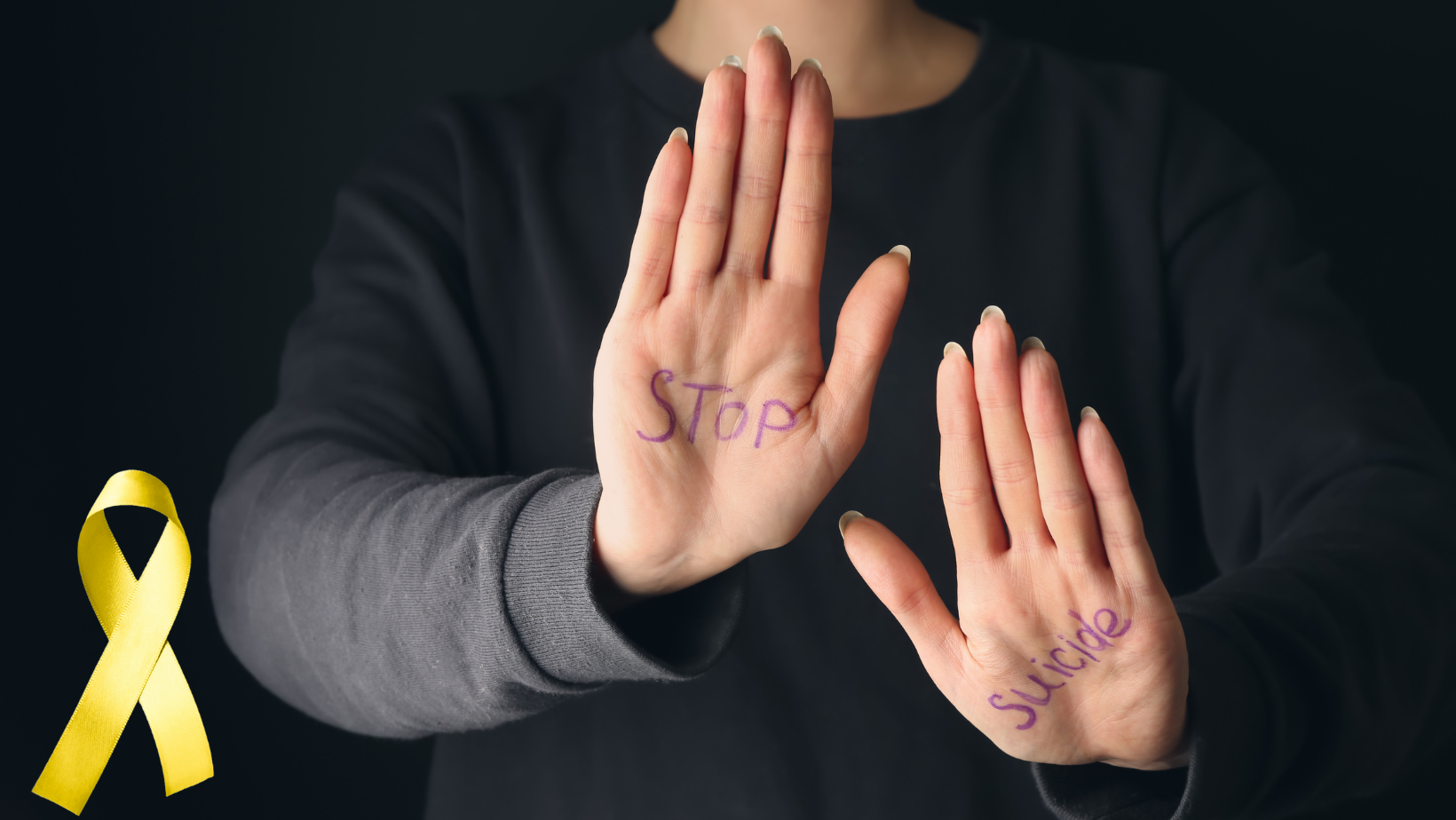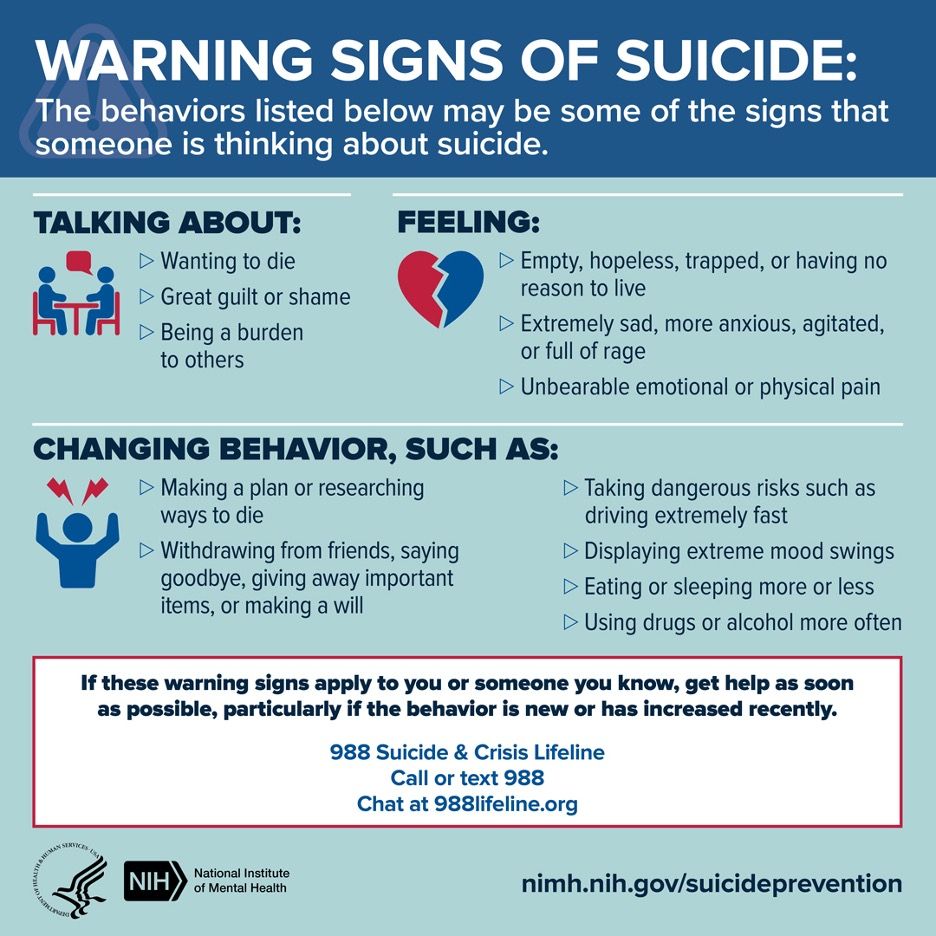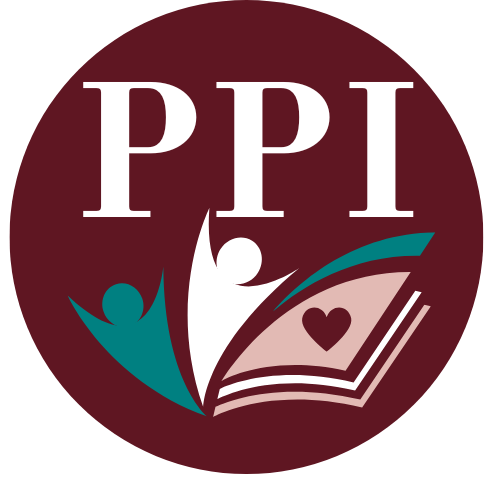September
is Suicide Prevention Month. It’s not an easy topic, but it’s one we can’t
afford to ignore.
Every
year, nearly 50,000 people in the U.S. die by suicide. It is the 11th
leading cause of death, and behind every number is a real person, a
grieving family, and an unfinished story.
One
detail that always sticks with me is this: research shows that only about 30%
of people who die by suicide leave a note. That means most people leave
this world with their pain unspoken. Their loved ones are left searching for
answers, wondering what was hidden inside.

When
I think about silence, I can’t help but think about my own childhood. My father
was a weekend alcoholic. During the week, he worked hard, and from the outside,
our family looked like we had it all together. But on the weekends, things
changed. We never talked about it openly. We covered for him because our mother
was a respected leader in our church, and we didn’t want anyone to know what
was happening at home.
That
silence shaped me.
It
taught me early on that you can be smiling on the outside while carrying heavy
things on the inside. And it also showed me how damaging it can be when
families don’t talk about the truth.
For
years, I believed that the best way to cope was to hide it. But looking back, I
see how much lighter things could have felt if we’d had the courage — or even
the permission — to put words to our pain.
If
I had known more about my father’s struggles — how his mother abandoned him at
his father’s request, the trauma he carried from his time in the war, and even
his lifelong battle with feeling “not good enough” — I would have understood
him differently. I would have seen that beneath the drinking was a man
wrestling with guilt and shame he didn’t know how to name.
But
because he never shared those stories, we were left with silence. And silence
is heavy.
This
is why I believe sharing our stories is more than just a personal choice — it’s
a matter of survival.
When
we hold our stories inside, we carry shame, fear, and brokenness that weigh us
down. But when we release those stories — through writing, speaking, or even
conversations — something powerful happens:
- We
normalize the struggle. Others realize they’re not alone.
- We break
shame. Silence feeds shame, but speaking truth shatters it.
- We
prevent despair. The very words you share may be the lifeline someone else
is praying for.
Your
story doesn’t have to be polished, perfect, or even long. It just has to be
true.

I’ll
never know how many people might have been helped if my family had spoken more
openly about what we were going through. But I do know this: someone is waiting
for your story.
Someone
is carrying the same burden you’ve carried. Someone is praying for the exact
wisdom you’ve learned through trial and survival. And someone may be thinking
about giving up — but your words could be the lifeline that keeps them here.
Don’t
wait until it’s too late. Write it forward.
Silence
never saves us. But stories can.
This
Suicide Prevention Month, I want to challenge you to use your voice — not just
for yourself, but for the person who may desperately need it.
Because
your story could be someone else’s survival.
Blessings,
Dr. Janice R. Love
Pearls Perfected Institute







